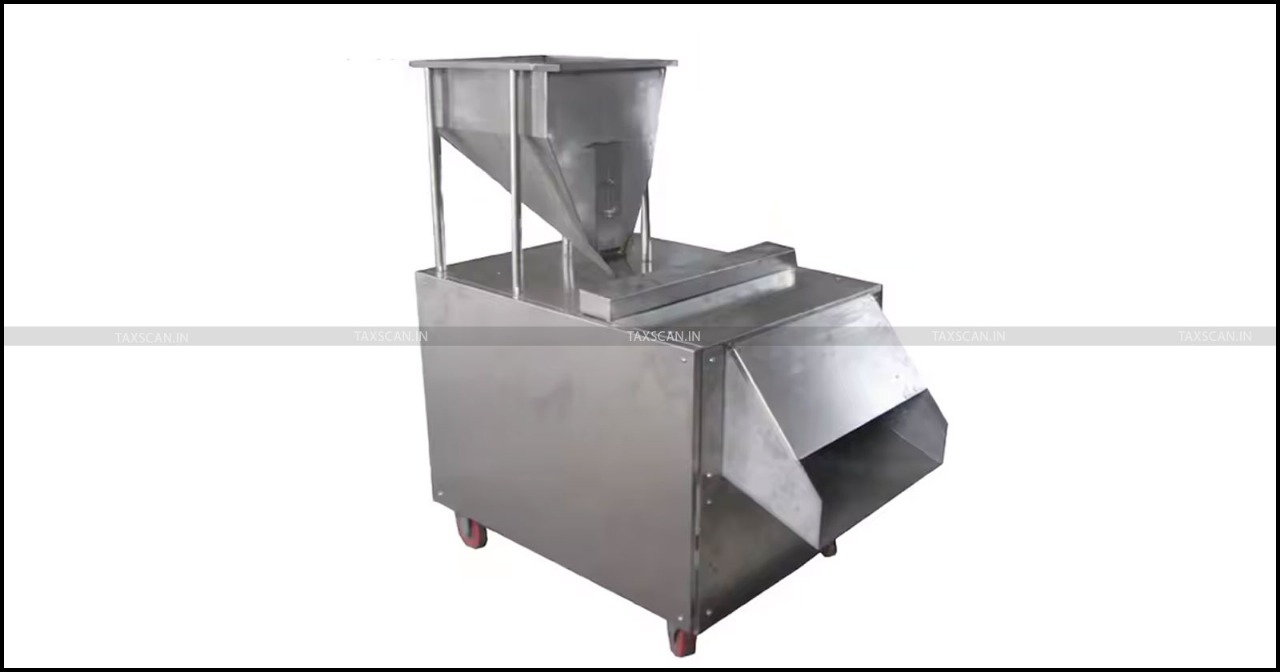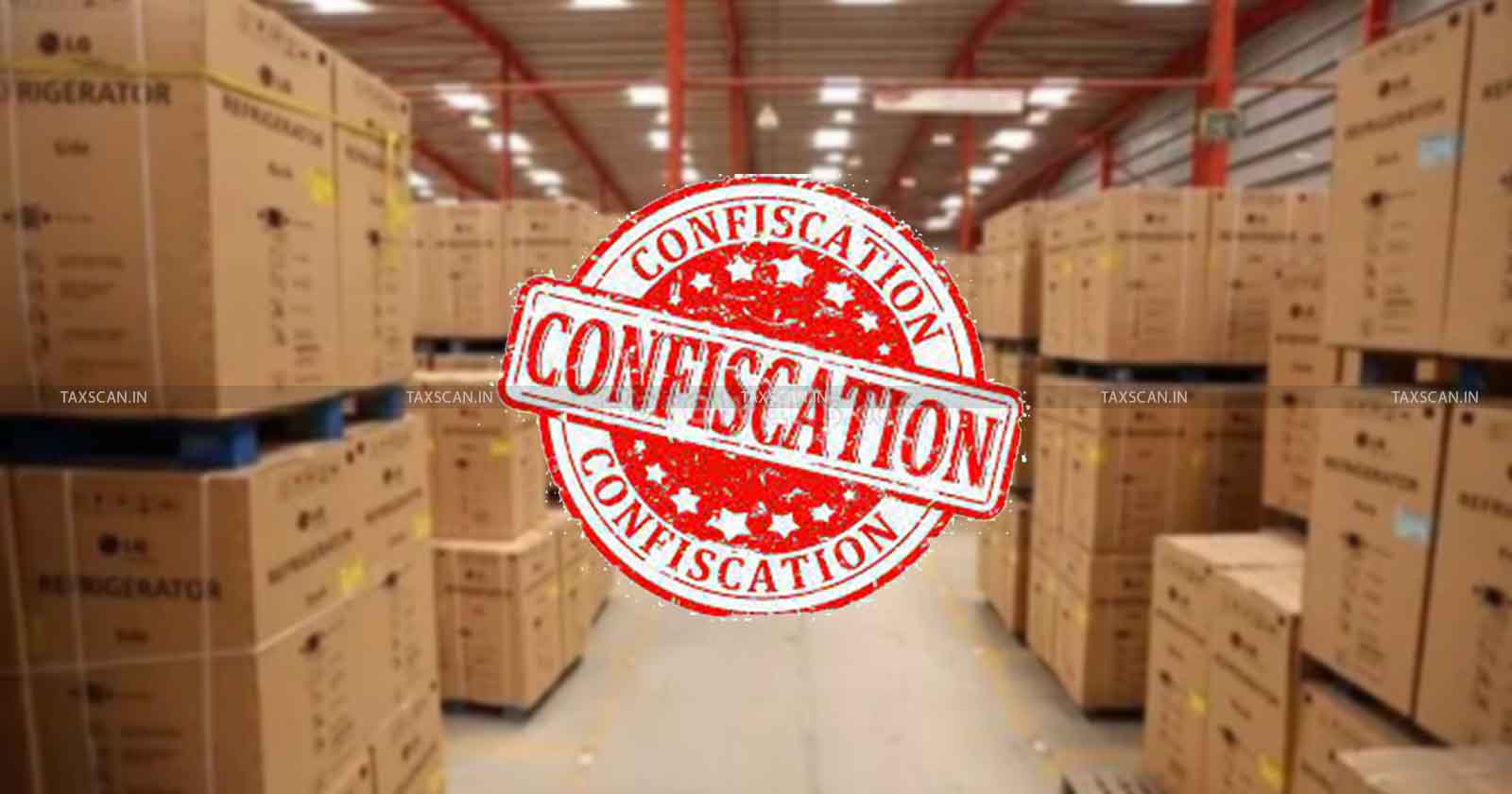Relief for Hindustan Zinc: CESTAT Rules Liquidated Damages and Penalties for Contract Breach Not Taxable as Service [Read Order]
CESTAT held that liquidated damages and penalties collected by Hindustan Zinc for breach of contract are not taxable as services under Section 66E(e) of the Finance Act
![Relief for Hindustan Zinc: CESTAT Rules Liquidated Damages and Penalties for Contract Breach Not Taxable as Service [Read Order] Relief for Hindustan Zinc: CESTAT Rules Liquidated Damages and Penalties for Contract Breach Not Taxable as Service [Read Order]](https://images.taxscan.in/h-upload/2025/07/21/2067057-hindustan-zinc-aar-case.webp)
The New Delhi Bench of the Customs, Excise, and Service Tax Appellate Tribunal (CESTAT) ruled that liquidated damages and penalties collected by Hindustan Zinc Limited for breach of contract are not taxable as services under Section 66E(e) of the Finance Act, 1994.
How to deal with GST special audit and departmental audit? Register Now
Hindustan Zinc Limited, the appellant, is engaged in the manufacture of zinc, cadmium, and sulphuric acid and is registered for various services under service tax. During an audit, the department found that the appellant had collected amounts from contractors under the heads of liquidated damages, forfeiture of earnest money, and penalties for non-performance or delays in fulfilling contractual obligations.
The department treated these recoveries as taxable under Section 66E(e) of the Finance Act, 1994, which deals with the declared service of “agreeing to tolerate an act.”
 Also Read:No Countervailing Duty on Areca Nut Processing Machines Imported for Pan Masala Production: CESTAT [Read Order]
Also Read:No Countervailing Duty on Areca Nut Processing Machines Imported for Pan Masala Production: CESTAT [Read Order]
A show cause notice was issued covering the period from April 2014 to June 2016, proposing a service tax demand of Rs. 20.93 lakh. The adjudicating authority confirmed a demand of Rs. 17.10 lakh with interest and penalties. On appeal, the Commissioner (Appeals) upheld this demand. Aggrieved by the decision, Hindustan Zinc filed an appeal before the Tribunal.
The appellant's counsel argued that the amounts collected were not consideration for any service but compensation for breach of contract. They argued that penalties and liquidated damages are intended to deter default and are not payments made for any agreed act of tolerance.
 Also Read:Temporary Storage Outside Bonded Area is Not Unauthorized Removal: CESTAT Quashes Customs Confiscation and Penalty [Read Order]
Also Read:Temporary Storage Outside Bonded Area is Not Unauthorized Removal: CESTAT Quashes Customs Confiscation and Penalty [Read Order]
The revenue counsel argued that by accepting these amounts, the appellant had effectively agreed to tolerate non-performance by the contractors. They argued that the recoveries were directly linked to the contractors’ failure to meet contractual obligations and therefore attracted service tax under the declared services provision.
The two-member bench comprising Rajeev Tandon (Technical Member) and Binu Tamta (Judicial Member) agreed with the appellant’s arguments. The tribunal explained that to fall within the scope of Section 66E(e), there must be a clear agreement to tolerate an act for a defined consideration.
The tribunal held that penalties and damages imposed for breach of contract do not amount to consideration for a service, and there was no quid pro quo. They also referred to CBIC Circular No. 214/1/2023-ST, which clarified that such payments are compensatory and not taxable.
The tribunal ruled that there was no taxable service involved and that the amounts collected by the appellant could not be treated as consideration under the Finance Act. The service tax demand was set aside. The appeal was allowed with consequential relief.
Support our journalism by subscribing to Taxscan premium. Follow us on Telegram for quick updates


